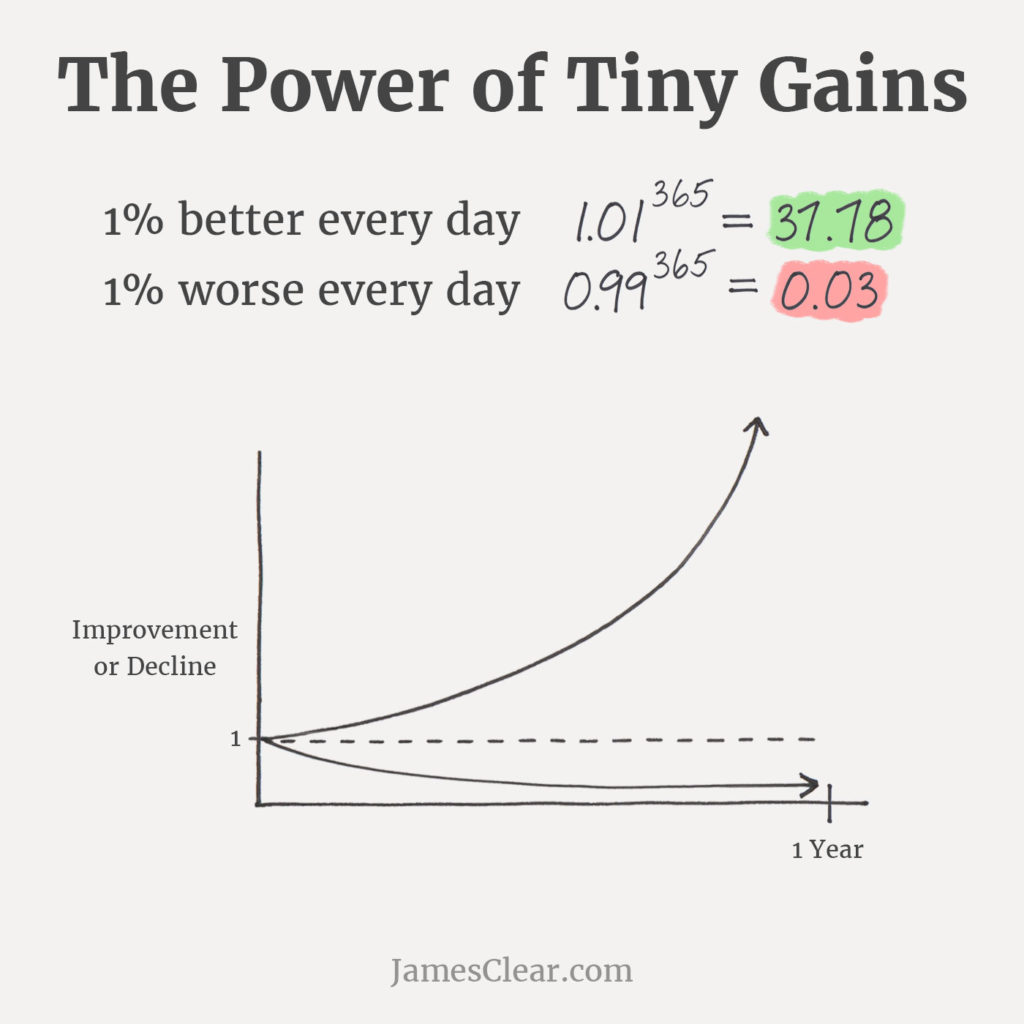A friend recently emailed me this article by Mark Suster on when to learn in your career and when to earn in your career. This is an important question in general, but particularly important when thinking about joining a startup. Most startups fail and you should not assume that your startup equity will be a golden ticket later in life.
He asked for my thoughts. I sent them over and he suggested I share them as a blog post:
There’s a good idea that I like from somewhere in Andrew Carnegie’s writings (I can’t seem to find it — might be deep in The Gospel of Wealth) that is known as the Carnegie Dictum:
- Spend the first third of your career learning as much as you can.
- Spend the second third of your career earning as much as you can.
- Spend the last third of your career doing as much good as you can.
If we assume that you’ll work for 50 years between 22 and 72 (which, for high achievers, seems conservative — I plan on dying at my desk at 91 years old like Frank Lloyd Wright did), that means you should spend:
- 22-38 learning as much as you can.
- 39-55 earning as much as you can.
- 56-72 doing as much good as you can.
Put in those terms, it becomes a lot easier to slow the hell down and realize that you have a long career with a lot of earning potential in front of you.
But wait, it’s not even that simple…Keep in mind, during that learning period, you’re increasing your future earning potential, assuming you’re learning compounding, complex skills that are difficult to train people for and are high-return.
This is really difficult to notice when you’re in the throes of the learning period — in large part because we’re used to big leaps in knowledge in clearly truncated and defined learning periods, from semester-to-semester or year-to-year. But it’s more like marginal gains every day and every week:

This is the part of your career where you can afford to reinvest cash in yourself and focus on those marginal improvements. Every improvement in skills, experience, and background that you make now goes towards increased earning potential down the line, especially as you accrue tacit knowledge that is difficult to train other people in (and difficult to replace you in).
This is one of the reasons why I don’t like the FIRE (Financial Independence Retire Early) movement and am skeptical of a good chunk of New Rich initiatives. It’s a very short term view of the world that I think undersells ambitious individuals of their long-term potential and capabilities. It also largely operates from a scarcity perspective — $1mm or $3mm by 30 might seem great now, but that can easily come at an earning potential of $10mm/year, or $20mm/year (or even more) by 50 or 60.
That $1mm mark looks like peas when you put it in perspective of a whole lifetime (and can easily be earned many times over with good financial planning on an even average lifestyle and earning potential).